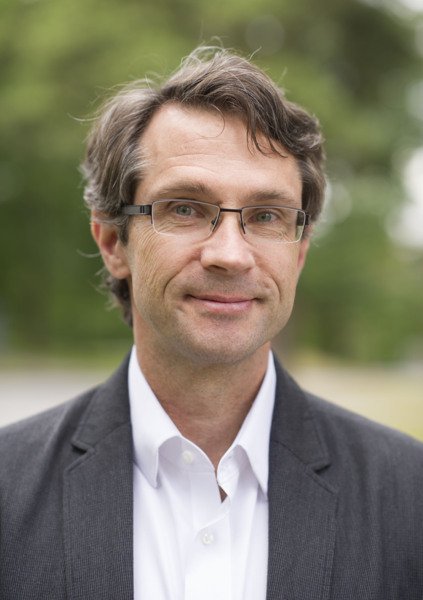The goal: to prevent schizophrenia
Patrick Sullivan, Professor of Psychiatric Genetics at the Department of Medical Epidemiology and Biostatistics, is engaged in major international research collaborations to understand the genetics and biology of schizophrenia. He currently divides his time between the University of North Carolina, Chapel Hill, USA, and Karolinska Institutet.

“The aim of my research is to one day be able to prevent schizophrenia,” says Professor Sullivan. “If that’s not possible, we’ll find much better treatments for the disease than those available today.”
To this end, Professor Sullivan has helped to found large consortia with research groups from around the world. One of them, the Psychiatric Genomics Consortium (PGC) includes nine psychiatric diagnoses and over 800 researchers in 36 countries.
“I like working in large groups, and it’s more efficient for groups to collaborate than to work alone,” he says. “The PGC has made giant strides forward.”
Professor Sullivan is now planning a new partnership with European research groups that will cultivate cells with risk genes for schizophrenia.
“One of the main problems in psychiatric research has been the absence of living tissue to study,” he explains. “But new tools have become available over the past decade that allow us to create living neurons – brain cells – out of skin cells.”
Understand the biological causes
The aim of the different research tracks is to understand the biological causes of schizophrenia, which are currently very much a mystery.
“Once we understand the biology we can expect the development of drugs to pick up; it could even be possible, the biology allowing, to prevent the disease.”
Professor Sullivan, who is also a professor at the University of North Carolina, has been a regular visiting researcher at KI since 2001.
“The quality of the Swedish medical register makes Sweden the best place in the world for this kind of research,” he says.
Text: Anders Nilsson, first published in the booklet From Cell to Society 2015. Translation: Neil Betteridge.
